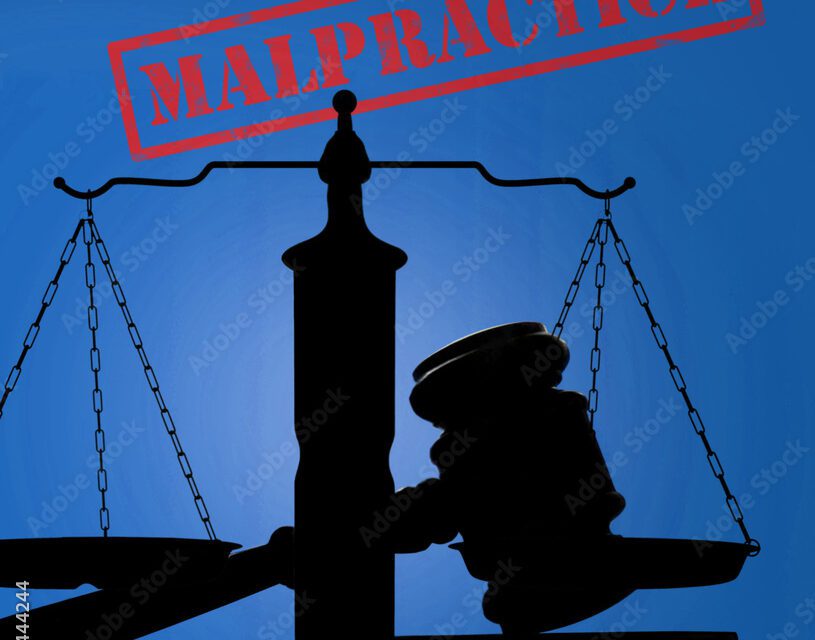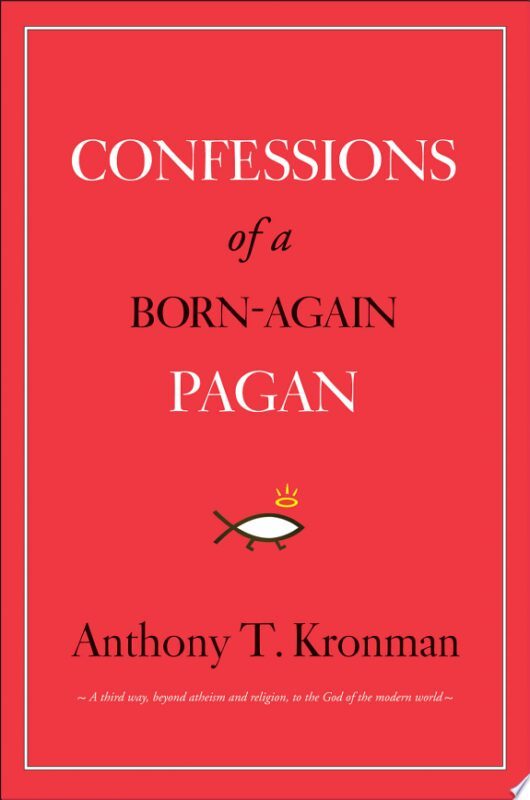Can a lawyer be guilty of malpractice when the law is uncertain, undeveloped, internally controversial or internally in conflict with itself? The Alaska Supreme Court has said, “Yes.” It did this in two cases, one of which was a dram shop case and the other an adoption case. L.D.G., INC. v. ROBINSON, 290 P.3d 215 (Alaska, December 14, 2012) (the ‘dram shop’ case) and DOE v. HUGHES, THORSNESS, GANTZ, POWELL & BRUNDIN, 838 P.2d 804 (Alaska 1992) (the ‘adoption’ case).
The issue in the dram shop case involved the bar serving a customer that was obviously drunk, and the customer later that night murdered someone. The issue was whether a lawyer has a duty to implead the drunken. At the time, state law looked like it might have forbidden the dram shop from cross-claiming against the tort of comprehensible injury or fatality. The defense lawyer did not make a cross-claim. There was a suit for malpractice, but the Superior Court dismissed it on the grounds that the law was uncertain, and there could not be negligence when a lawyer, under those circumstances.The issue in the adoption case involved a surrogate mother and the adopting parents as to whether or not all the statutory rules of adoption had been followed and whether the adoption was valid. The problem was that the lawyers representing the adopting parents did not advise them as to the uncertainty and consequent dangers. The surrogate mother sued; the adopting parents successfully defended, but at their cost. The advising lawyers were defended on the grounds of the law’s uncertainty as to dealing with the relevant statutes. The Supreme Court held that the lawyer should have advised the client of the dangers.
Should this be the law everywhere? It seems obvious to me that it should be. The trustee-like relationship running from lawyer to client and the lawyers obligation of vigorous representation, entail the answers.






Recent Comments